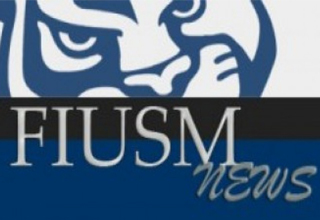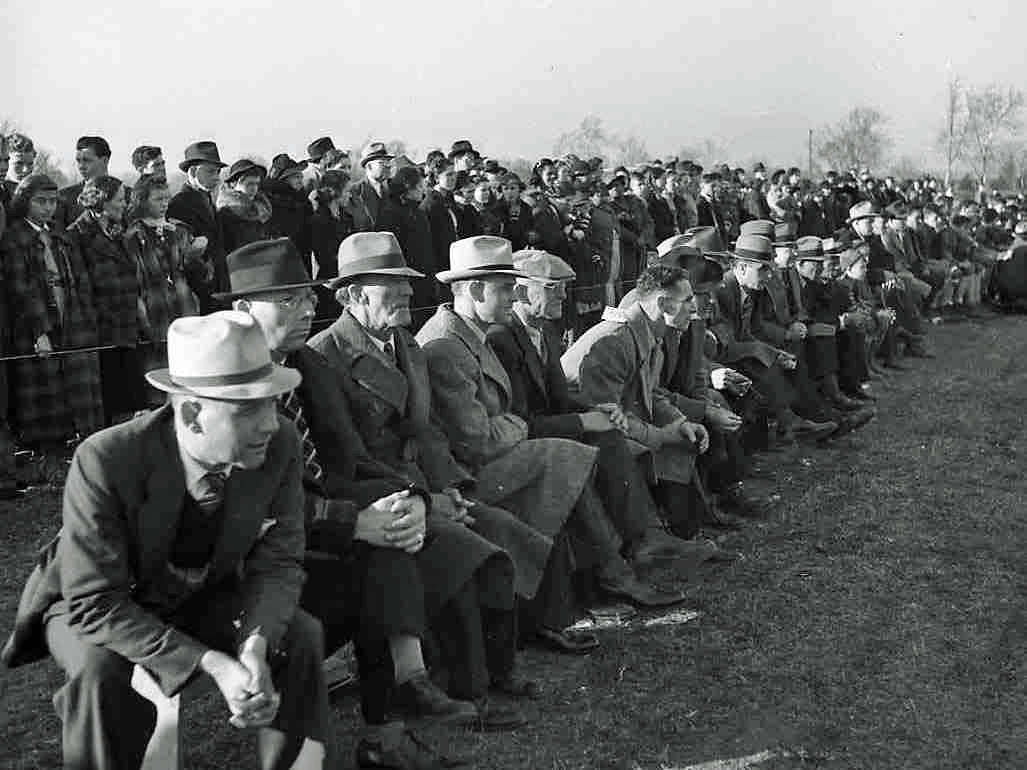Natalie Baez/Contributing Writer
Scholars may have to pursue interests in other countries that are not defined as “state sponsors of terrorism.”
The Florida “Travel to Terrorist States Act” of 2006 warrants a ban on the use of state appropriations to underwrite research work and student travel to “state sponsors of terrorism,” definition which includes Iran, North Korea, Sudan, Syria and Cuba.
Last month, the Supreme Court denied a certiorari, a writ seeking judicial review, requested by the University’s Faculty Senate in opposition to the law.
What the court would have heard was an appeal to the ban that had gone unopposed in its initial passing in Tallahassee in 2006.
The law prohibits public schools and universities to travel to a “terrorist” country using state funding.
“It’s ironic and unfortunate because, at a time when schools are struggling for resources and struggling to be competitive, we would have one of the major advantages in Cuban studies in the nation,” said José M. Gabilondo, professor of the College of Law.
Gabilondo explains the impact that the ban has within the University.
“FIU is the most directly harmed because it has a large amount of students and faculty interested in Cuban studies.”
Sebastian Arcos, director of the University’s Cuban Research Institute, said he believes this is “a misguided policy.”
“As representatives of a democracy and an open government, ought to show the Cuban regime that we are free to study and teach.”
According to Thomas Breslin, professor of the Department of Politics and International Relations, there are currently no long-term prospects of professional advancement for individuals who would like to stay in Florida as a specialist in Cuba with this law in place.
“We had a number of experts in Cuba [who left], including the head of our Cuban Research Institute,” Breslin said.
One of the factors contributing to his departure was the fact that he could not work on his research topics.
“This has been an embarrassment to Cuban studies throughout the state university system,” Breslin stated.
Professors and educational researchers of Florida universities, specifically the University’s Faculty Senate, fought the state on this law and lost.
“The burden of the law now lies on representatives of the Miami and Tampa area to take up this legislation,” Breslin explained. “It blinds Floridians to a detached academic perspective on what is happening in Cuba. There are people looking for opportunities and looking toward the future, and others who are just stuck looking backwards.”






Be the first to comment on "Florida’s blind spot? Cuba"